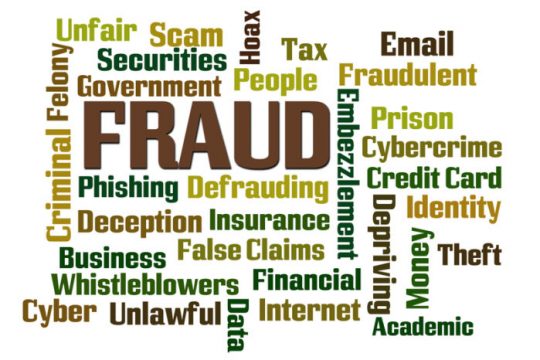
Well, here we go again! The Holidays are fast-approaching and, unfortunately, this is the time of the year when the thieves, outlaws, and technology-based bandits up their efforts to prey on unsuspecting or ill-prepared folks. And one of the typical ways these criminals attack is by disguising themselves as authentic and trustworthy charitable organizations. So that you may be forewarned, The Florida Department of Agriculture and Consumer Services, through its Florida Consumer eNewsletter, hopes to make a preemptive strike at the crooks by arming us with some tips on how to avoid getting stung by an unworthy ploy. It goes like this…
Protect Yourself from Charity Scams
Charity scammers exploit the generosity of those who wish to give to legitimate causes and pocket the money for themselves.
Here are a few tips for choosing a worthy charity and giving wisely.
- Ask questions, such as: “Who is the fundraiser and who will benefit from the donation?”; “How much of the contribution goes to the charity mentioned in the request”; and “How much of the donation goes toward administrative and fundraising expenses?”
- Check if the charitable organization is registered with the Florida Department of Agriculture and Consumer Services (FDACS) by visiting FloridaConsumerHelp.com.
- Never give cash. Contribute by check and make it out to the organization.
- If you decide to donate online, look for indicators that the website is secure, such as a web address that begins with “https:” (the “s” stands for secure).
- Be aware that many telephone appeals for funds are made by paid solicitors, not volunteers. The solicitors often work for a for–profit firm hired by the charitable organization. Telemarketing is expensive and may entail substantial fundraising costs.
- Some organizations have 900 phone numbers. When you call the number, the cost of the call is automatically billed to your phone. Before dialing, make sure you wish to donate the price of the call to that cause.
- Always obtain and save a printed copy of your donation or a receipt showing the amount of the contribution.
- Not all organizations soliciting in the name of benevolence are true charities eligible to receive tax–deductible contributions. If this is important to you, ask about the organization’s federal and state eligibility for receiving tax–deductible donations. Typically, such donations fall under Internal Revenue Code section 501(c)(3).
To file a complaint about a charity, use the FDACS online form or call 1–800–HELP–FLA (435–7352).
(Source: www.freshfromflorida.com/News-Events/Florida-Consumer-E-Newsletter)
Subscribe
Sign Up for Our E-Newsletter!
Stay up-to-date on all of the topics you care about by subscribing to our quarterly newsletter emailed directly to your inbox!
SubscribeSubscribe
Sign Up for Our E-Newsletter!
Stay up-to-date on all of the topics you care about by subscribing to our quarterly newsletter emailed directly to your inbox!
Subscribe